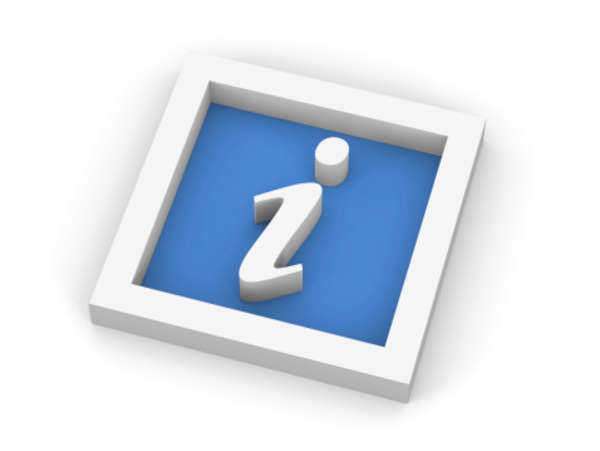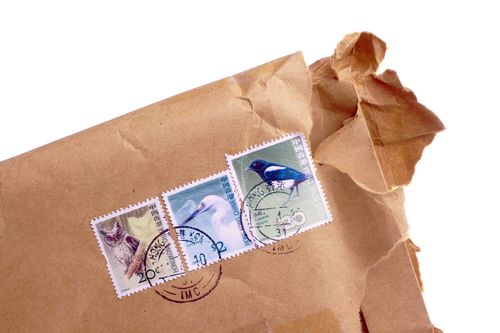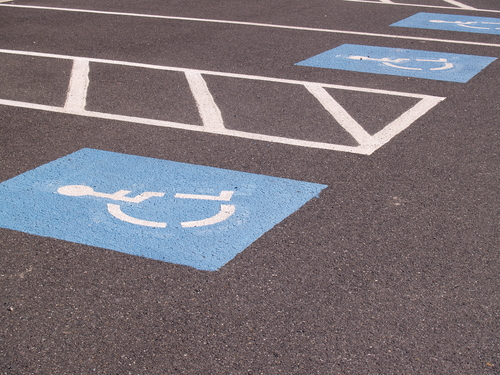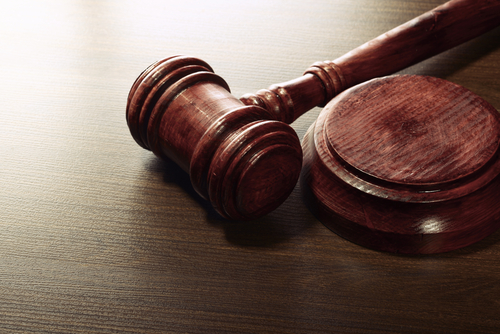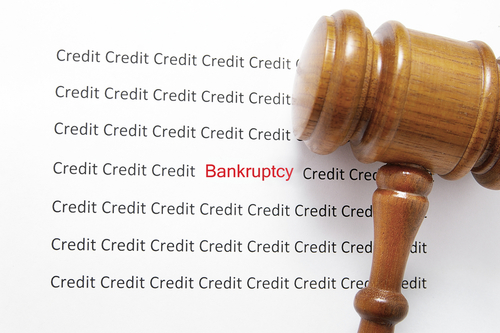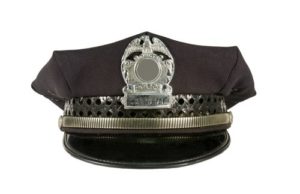Fast Steps to the DEA Registration
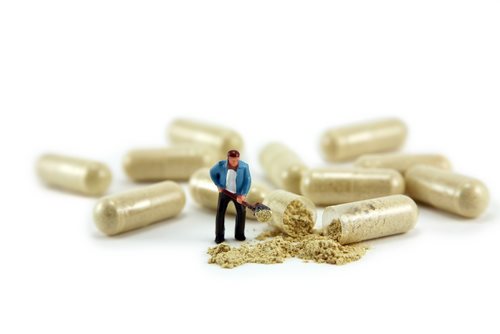
DEA Defined
The DEA or Drug Enforcement Administration is a federal law enforcement agency within the United States Department of Justice. The Drug Enforcement Administration is a federal organization of the United States Government responsible for deterring the flow of illegal drugs in America and enforcing various laws to promote the safe distribution of legal drugs to those in need. As a result of these responsibilities, the DEA maintains its position as the premiere governmental organization responsible for the safe and efficient flow of legal drugs, as well as the primary regulator and authority, to impede and diminish the supply of illegal drugs in the country.
The DEA is tasked with implementing regulations in order to ensure that the circulation of drugs, even in the legal sense, is safe and efficient. In addition to enforcing laws and punishments against illegal drug smugglers and traffickers, the DEA administers various regulations on medical professionals.
All medical professionals in the United States are required to obtain a DEA registration to legally prescribe medication to their patients. Supplying an individual with drugs, for medicinal purposes, carries a significant responsibility. As a result of the dangers inherent in administering drugs to patients, the DEA is responsible for regulating, observing and enforcing various drug laws on physicians and professionals in the field of medicine.
The DEA is regarded as the leading agency for domestic enforcement of the Controlled Substances Act, but it also maintains the sole responsibility for coordinating and subsequently pursuing U.S. investigations overseas.
What is a DEA Registration?
The Drug Enforcement Administration grants registrations to medical professionals, physicians, nurse practitioners and other individuals in the field of medicine, to allow them to prescribe and dispense medications or drugs to patients in need. If you are interested in prescribing or giving out medication, you are required to obtain a DEA registration.
How do I obtain a DEA Registration?
To obtain a DEA Registration you must first obtain the application for a DEA number; applications are made available on the DEA website. In addition to the application, you must also complete a questionnaire that will inquire about your practice and your history in the medical field. When the basic information is satisfied, including the fulfillment of all personal information, you must fill out the business activity section.
After the submission of this information you will be required to include information concerning your state registration. If you are applying for a new DEA number or simply renewing your current one, you must supply information concerning your registration with the state in which you practice—these questions will require your registration number, the state where your practice is held and the current standing of your registration.
Following the submission of this information, you are required to pay a fee of $184 for each year you have a DEA registration. Payments may be submitted via check or credit card.

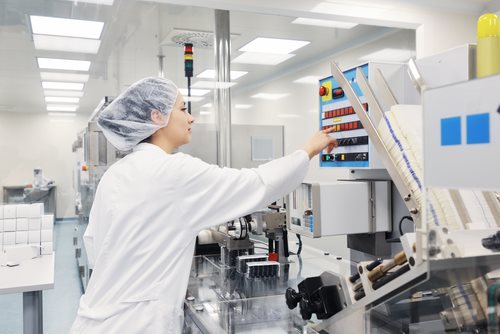
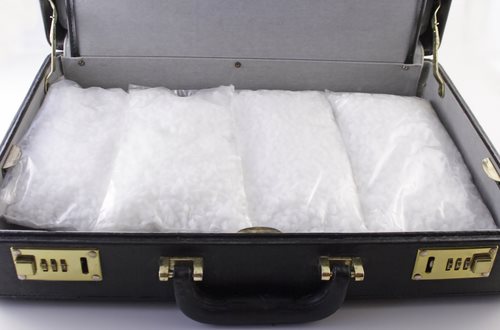
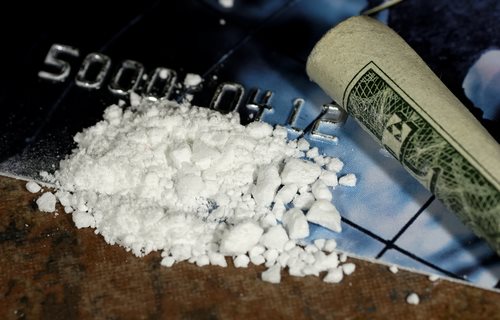 What does the Drug Enforcement Administration do?
What does the Drug Enforcement Administration do?